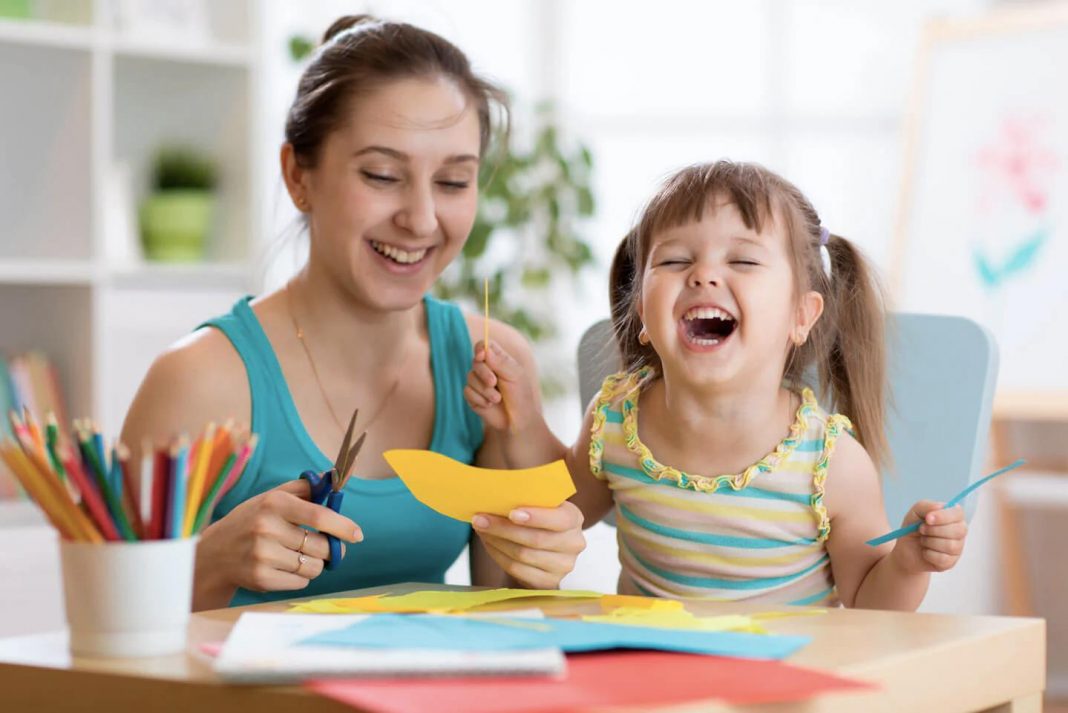How often do you run out of ideas to keep your homeschooler engaged and learning? Homeschooling is way different from regular schooling, and that’s exactly why finding varied fun activities for homeschoolers is so important. Keeping your child engaged and learning without getting bored is a big part of homeschooling success.
Math & ELA | PreK To Grade 5
Kids see fun.
You see real learning outcomes.
Watch your kids fall in love with math & reading through our scientifically designed curriculum.
Parents, try for free Teachers, use for free
When kids are homeschooled, they miss out on the built-in variety that comes with a traditional school day. That’s where a mix of different homeschool activities comes in. It’s all about making sure they keep up with learning, without the yawns. Mixing things up with activities across subjects like science, art, or even cooking, helps your child stay excited about what’s next.
Let’s dive into how getting creative with homeschooling activities can keep your homeschooler on their toes, ready to learn and explore every day.
1. Online Educational Games
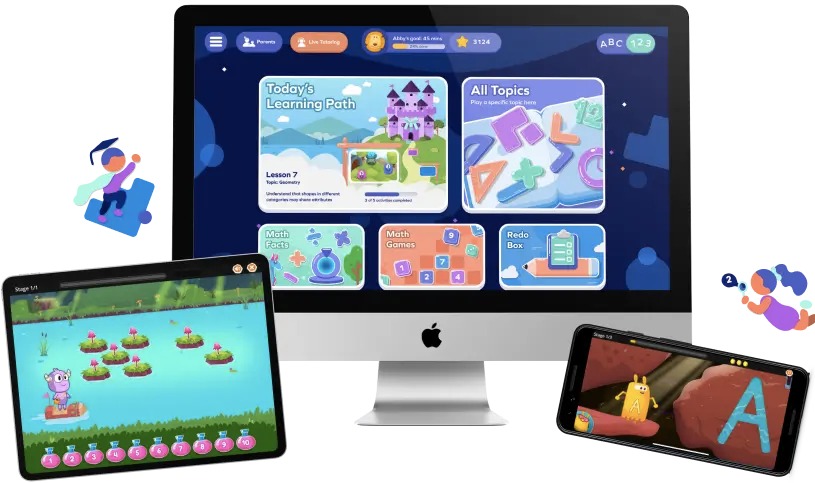
One of the best online learning activities for homeschoolers is playing educational games online. These games make learning fun and interactive, covering subjects like math, science, and language arts. They’re great for keeping your child engaged and can be played alone or with friends, making them a versatile option for learning and fun.
SplashLearn is one of the best tools for homeschoolers enriches the variety of educational resources available. Here’s why SplashLearn stands out as a great tool for homeschoolers:
- Personalized Learning Paths: SplashLearn adapts to each child’s learning pace and style, offering personalized learning paths that make education more effective and engaging. This customization ensures that homeschoolers can work at their own pace, focusing on areas where they need improvement while also advancing in subjects where they excel.
- Wide Range of Subjects: SplashLearn covers a broad spectrum of subjects, including math, reading, and early skills, providing a comprehensive educational activity. This variety ensures that homeschoolers can use a single platform for multiple subjects, making learning cohesive and integrated.
- Focus on Early Skills Development: SplashLearn stands out for its emphasis on developing early skills through games that foster critical thinking, logic, art, creativity, and general knowledge. This focus ensures that homeschoolers are not only mastering foundational academic subjects but are also building essential life skills from an early age.
- Interactive and Fun: The platform turns learning into an adventure with interactive games and activities that captivate children’s attention. This gamification of learning helps keep homeschoolers engaged and motivated, transforming potentially monotonous study sessions into fun, interactive experiences.
- Progress Tracking: SplashLearn offers detailed progress tracking for parents and educators, making it easier to monitor the child’s learning journey. This feature is invaluable for homeschoolers, as it allows for adjustments to the learning plan based on real-time data and insights into the child’s strengths and weaknesses.
- Accessibility: Being an online platform, SplashLearn is accessible from anywhere, at any time. This flexibility is crucial for homeschooling families, allowing them to incorporate learning into their schedule in a way that suits them best, without being tied to a specific location or time.
- Safe and Ad-Free Environment: SplashLearn provides a safe, ad-free environment for children to learn, ensuring that they can focus on their studies without distractions. This peace of mind is essential for parents, knowing that their children are learning in a secure online space.
2. Podcast Creation

Creating a podcast is an exciting thing for homeschoolers to do. It allows them to dive deep into topics they’re passionate about, from history to science fiction, while learning valuable skills like research, audio editing, and public speaking. A step-by-step guide can help them choose a topic, plan their episodes, and set up the technical side of podcasting.
Related Reading: Best Podcasts for Kids to Help Them Learn Effortlessly
3. Geocaching or Orienteering
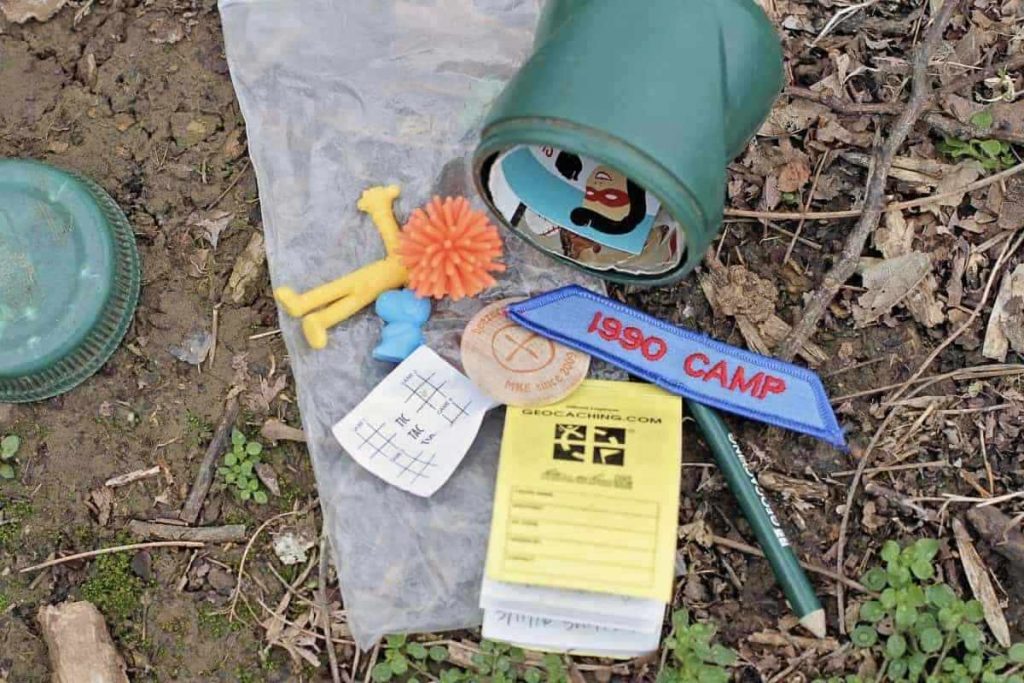
These outdoor homeschool extracurricular activities are perfect for teaching navigation skills and encouraging physical activity. Geocaching or orienteering involves using a map and compass to find items or locations, which can turn an ordinary walk into an adventurous treasure hunt. It’s a fun way to explore the outdoors while learning valuable real-world skills.
4. Cooking and Baking

Cooking and baking are not just fun social activities for homeschoolers; they’re also educational. Following recipes can teach kids about measurements, fractions, and the science behind how ingredients interact. Plus, it’s a practical skill they can use for life. Trying out new recipes together can be a delicious way to learn and bond.
Related Reading: Fun Cooking Activities for Preschoolers
5. Environmental Conservation Projects
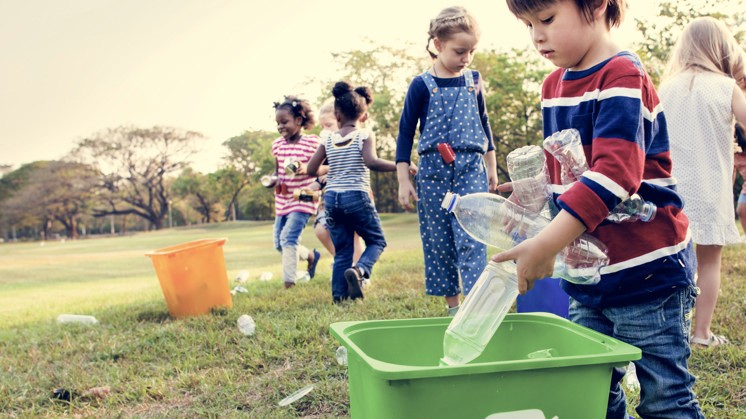
Getting involved in environmental conservation projects is a fantastic way for homeschoolers to learn about nature and the importance of protecting it. These projects can be simple, like starting a recycling program at home or planting a garden. They’re great homeschool activity ideas that teach kids about science, responsibility, and the impact they can have on the world.
6. Chess and Strategic Games
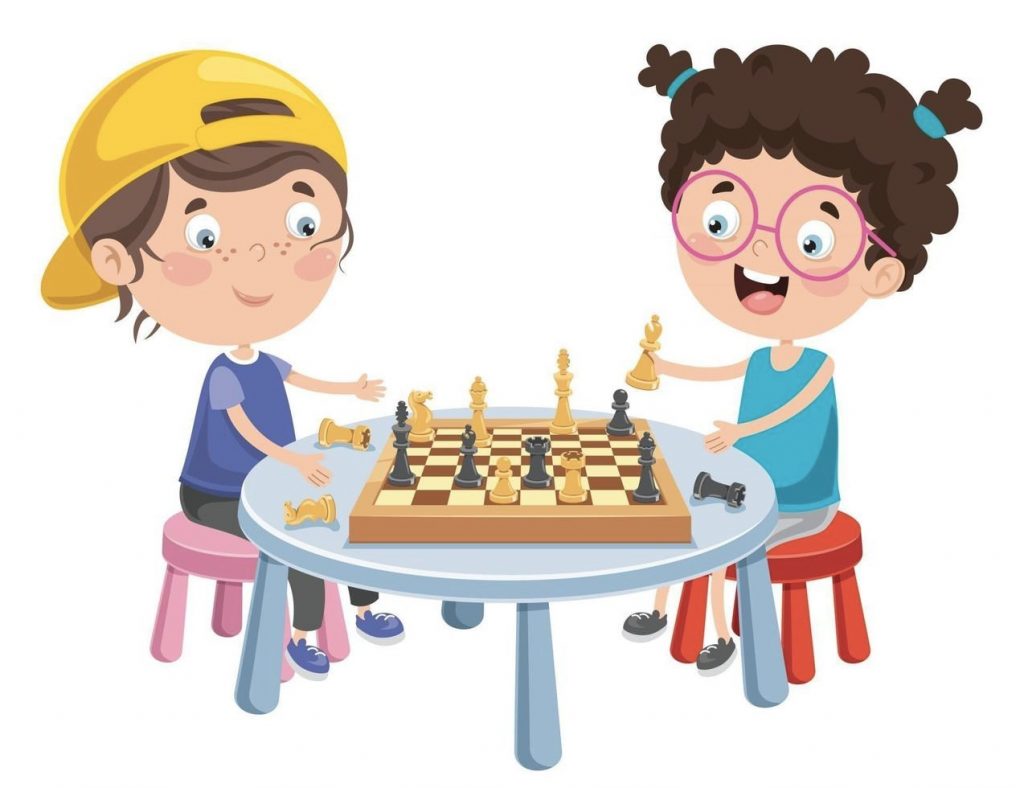
Chess and other strategic games are excellent activities for homeschoolers that boost critical thinking and problem-solving skills. Learning chess has been shown to improve memory and cognitive abilities. There are plenty of resources available to help beginners get started, making it a valuable part of homeschool learning activities.
Related Reading: Best Brain Games for Kids
7. Foreign Language Learning
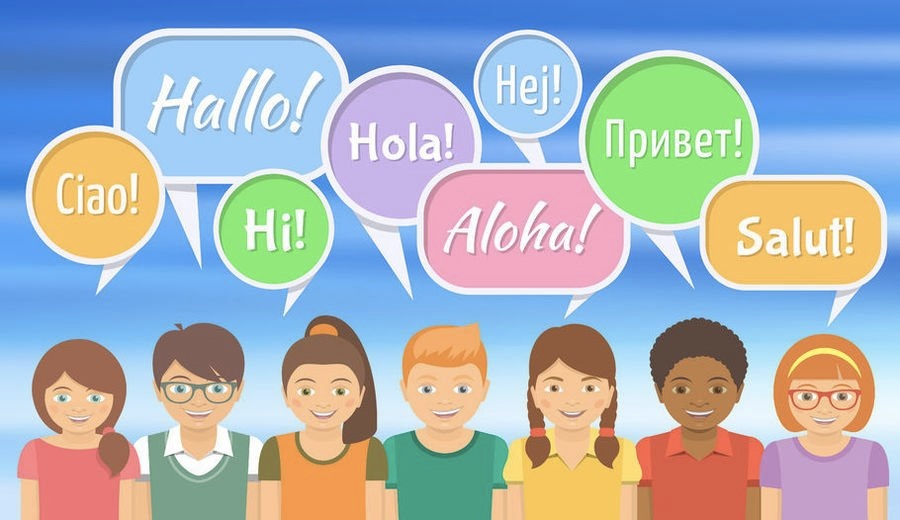
Learning a new language is one of the most rewarding home education activities. It opens up new cultures and perspectives, enhancing communication skills. There are various resources and methods available, from online courses to language exchange programs, making it easier for homeschoolers to add a new language to their learning.
8. Creative Writing

Creative writing is a key component of social activities for homeschoolers. It allows them to express themselves and explore their imaginations. Techniques and prompts can help inspire young writers, turning writing into a fun and engaging part of their education. It’s a wonderful way to enhance their literacy and storytelling skills.
Related Reading: Fun Writing Prompt For Kids
9. DIY Crafts and Woodworking

Engaging in DIY crafts and woodworking projects are great activities for homeschoolers looking to combine creativity with practical skills. These projects can range from simple crafts to more complex woodworking, teaching kids how to follow instructions, use tools safely, and create something they can be proud of. It’s a hands-on approach to learning that can be both fun and educational.
10. Virtual Museum Tours

Exploring virtual museum tours is a fantastic way to bring the world’s culture, history, and art into your home. These tours are excellent homeschool learning activities that can be selected based on your child’s interests, whether that’s dinosaurs, ancient civilizations, or modern art. Tips for navigating these tours include using interactive features and discussion guides often provided by the museums to enhance the learning experience.
11. Science Experiments

Conducting simple and safe science experiments at home is one of the most exciting educational activities for homeschoolers. From creating a baking soda volcano to exploring the principles of physics with household items, these experiments make learning science hands-on and fun. They encourage curiosity and can be a great way to introduce basic scientific concepts.
Related Reading: Best & Innovative STEM Activities for Kids
12. Art Projects

Art projects offer a wide range of activities for homeschoolers to express their creativity while learning about different art mediums and techniques. Whether it’s painting, sculpting, or experimenting with recycled materials, art projects can be tailored to all ages and skill levels. They’re a wonderful way to explore creativity and art history, making them a key part of a well-rounded education.
Related Reading: Best Summer Art Project Ideas for Kids
13. Yoga and Mindfulness

Incorporating yoga and mindfulness exercises into the daily routine is a beneficial way to promote physical health and emotional well-being. These activities can help homeschoolers learn the importance of self-care, concentration, and relaxation. Yoga and mindfulness can be a calming break during the day, improving focus and reducing stress.
Related Reading: Best Mindfulness Activities for Kids
14. Sports and Physical Activities

Keeping physically active is crucial, and there are many homeschool outdoor activities to choose from. Whether it’s setting up obstacle courses in the backyard, going for family hikes, or joining local sports teams or classes, these activities help maintain physical health and teach teamwork and perseverance. Encouraging regular physical activity is a key component of homeschooling, ensuring that children stay active and healthy.
Related Reading: Best Indoor and Outdoor Team Building Activities for Kids
15. Music and Dance
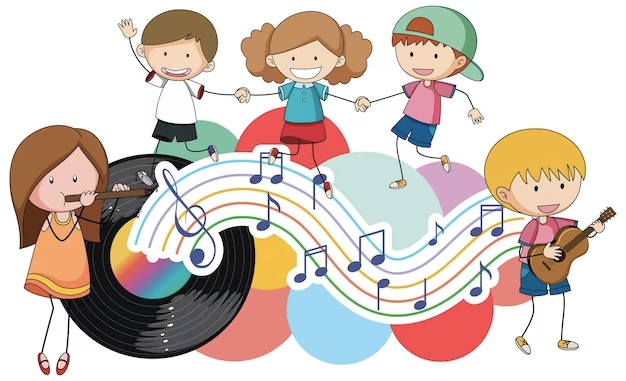
Music and dance are not only enjoyable activities but also incredibly beneficial for homeschoolers. Learning to play an instrument or engaging in dance can improve memory, coordination, and emotional expression. These activities offer a creative outlet and can be adapted to any skill level, making them accessible to all homeschoolers.
Conclusion
Homeschooling offers a unique opportunity to tailor education to your child’s interests and needs, and incorporating a variety of activities can make learning both fun and effective. From SplashLearn’s interactive educational games to the creative expression found in music and dance, there’s no shortage of ways to keep your homeschooler engaged and excited about learning. By exploring these activities for homeschoolers, you’re not just educating your child; you’re inspiring a lifelong love of learning.
Related Reading: Best and Helpful Homeschooling Resources for Parents
Frequently Asked Questions (FAQs)
How do homeschooled kids socialize?
Homeschooled kids socialize through various activities such as joining clubs, sports teams, community groups, and homeschool co-ops. They also engage in educational classes outside the home, like art, music, and martial arts, which provide opportunities to meet and interact with peers.
How can I make my homeschool day productive?
To make a homeschool day productive, establish a routine or things for homeschoolers to do with clear goals, include breaks, and use engaging and varied teaching methods. Prioritize tasks and adapt the schedule as needed to keep the day structured yet flexible.
How do you structure a homeschool day?
Structure a homeschool day by starting with a consistent wake-up time, followed by a mix of core academic subjects, creative activities, and physical exercise. Include breaks and time for meals, and be flexible to adjust the schedule based on your child’s needs and progress.
How do you stay consistent with homeschooling?
Stay consistent with homeschooling by setting a regular schedule, establishing clear goals, and creating a dedicated learning space. Regularly review and adjust your approach as needed, and seek support from homeschooling communities for motivation and advice.
What are common homeschooling pitfalls?
Common homeschooling pitfalls include lack of structure, overlooking the importance of socialization, not setting clear goals, over-scheduling, and underestimating the commitment required. Avoiding these pitfalls involves planning, flexibility, and seeking support when needed.

















